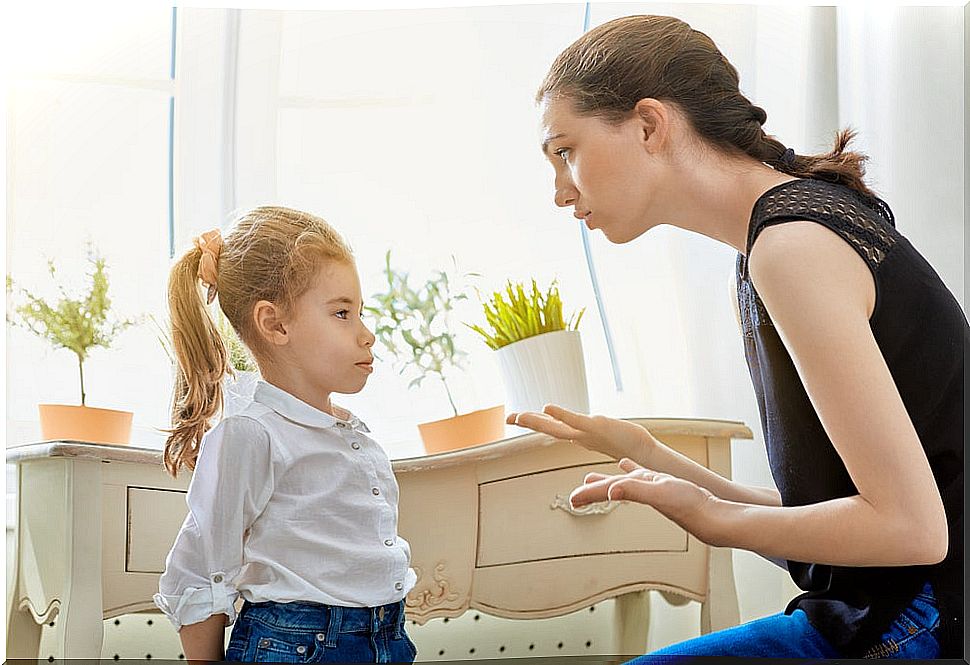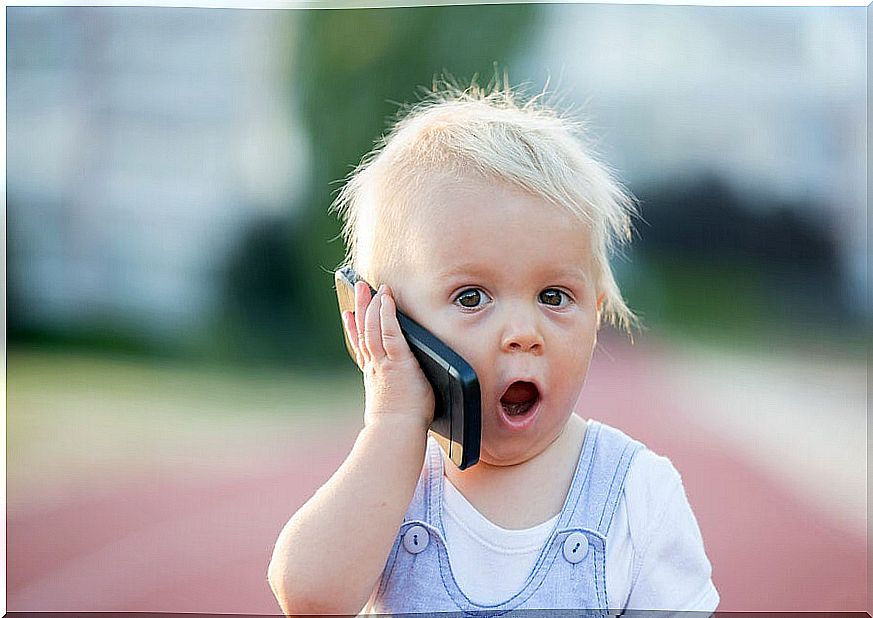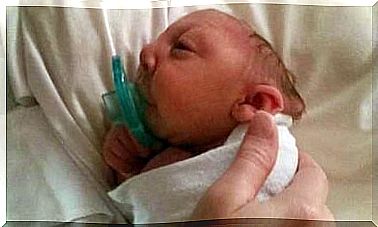Teach A Child What To Do If He Gets Lost
One of the biggest worries of parents is losing their child. Whether in a public place or in the same neighborhood, it is a situation that no family should experience. However, this happens quite frequently. So, no matter how old your little one is, we teach you what a child should do if he gets lost.
It is essential to establish a plan that all family members know so that you do not have problems if it happens. It is not about being overprotective of your children, or becoming apprehensive, you just have to make sure your little one knows how to act and take care of himself.
Who teaches what a child should do if he is lost?

First of all, it is important to exert a good influence on your environment. In addition, there are standard preventive measures that can be shared among family and friends with young children.
Teachers, babysitters, sports coaches, and all those who care for young children should have a contingency plan in place, with the intention of minimizing the risks of losing a child.
Depending on the age of the child, explanations should be given in language that they can easily understand. Therefore, the rules or strategies should be clear and simple.
What are the basic guidelines for teaching what a child should do if lost?
If we lose a child, the stress and anguish is often devastating. Despite the precautions we can take, there will always be the risk that a child will get lost. Above all, the risk is greater if they are between 3 and 5 years old or if we are in a place with large crowds of people.
Put yourself in situation: what would you feel? What would go through your head? What would you do? Have you thought about it before? Therein lies the importance of knowing what to do.
Talk about what a child should do if they get lost
This dialogue should be done at home. Even if the little one is in the care of another person, it is vitally important that the child knows what to do if it is lost. The intention is not to fill you with fear, but to prevent it in a calm and positive way.
You can tell him that it is relatively possible to be distracted for a few seconds and separate from the person who is caring for him. In this sense, the child must understand that, if he does what you recommend, it will be much easier to return to his caregiver, in case he gets lost.
Teach him to ask for help safely

Although it is always recommended that the child does not talk to strangers, in case he gets lost, he must know how to identify who he can go to safely. Tell him that he can ask someone who is with another child for help. If you cannot find such a person, you can locate a single woman or a security officer.
Thus, he has to tell the adult that he is missing, give him his full name, his parents’ and his phone number. For this, you have to learn to memorize the most important data.
Also, you can make it wear a phone number on a bracelet or somewhere on clothing. This way, even if you don’t remember it, you can give it to the person in question.
Instruct him to stay in one place
Sometimes what makes the situation of a lost child worse is when he begins to search for the parents and moves from one place to another. You have to teach him that the best thing is that he does not move from the place where he lost sight of you. This you will have to remind him every time you go out.
Assure him that you will go looking for him where necessary until you can find him. A simple and multi-parent proven dynamic is to practice what to do if you get lost. With the child in the street, ask him what he would do if he lost sight of you at that moment.
You can also ask the following questions:
- Who would you go to if you don’t see a person with children to ask for help?
- What would you do if a man tells you to go with him to find your parents?
On the other hand, practicing with the child asking which adult he would choose to ask for help is a variant of this dynamic.
On teaching children what to do if they get lost

In addition to the guidelines described above, it is sensible to urge the child to hold hands with his parents and not let go. It is advisable to mark labels on your clothing with information such as your name, yours, and your phone number.
For younger children who cannot memorize numbers or their parents’ first names, it is ideal to write them on a piece of paper or record the data on a necklace or bracelet. In the case of being on paper, you have to show your child where it is so that it can tell an adult how to locate you if it gets lost.
Additionally, you have to know how to act when the child appears. It would be unfair to dump our tension by yelling at him and blaming him for what happened. Children don’t get lost because they want to.
Finally, the moment of the reunion is ideal to show him how much you love him and how happy you are to have found him. Then you can discuss together how and why it was lost, so it doesn’t happen again.









